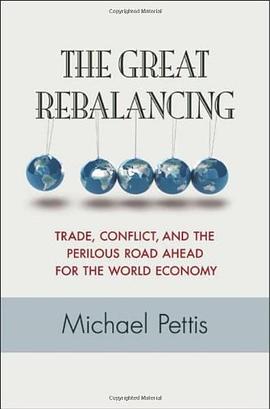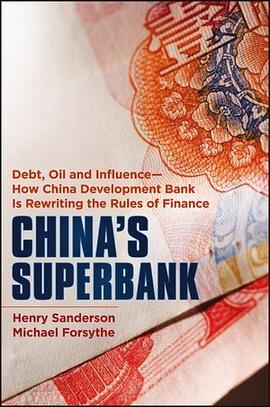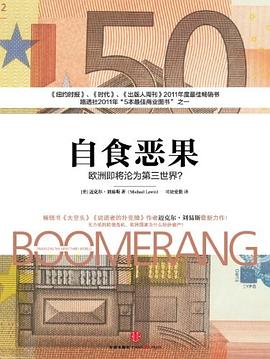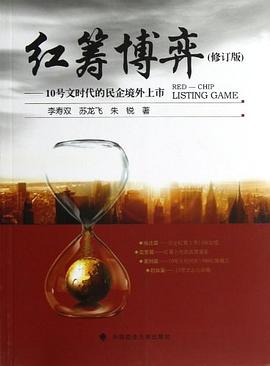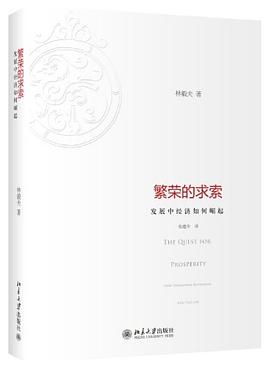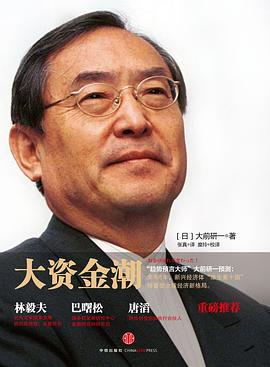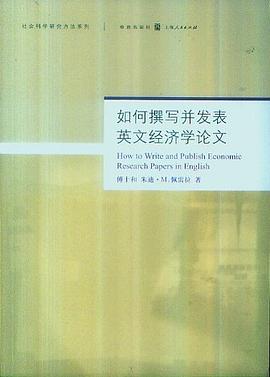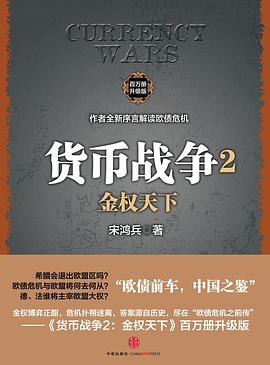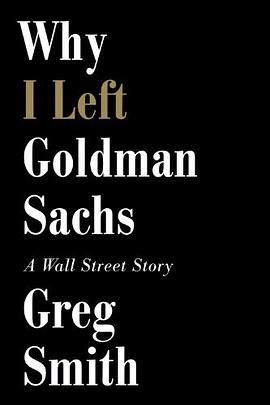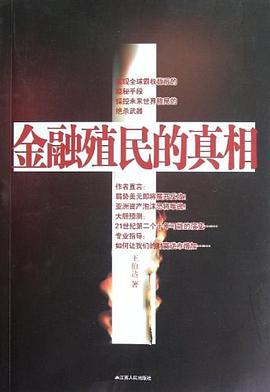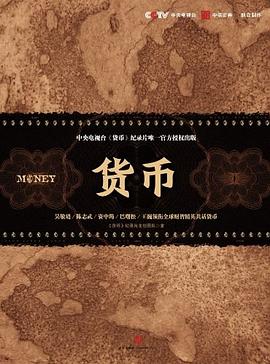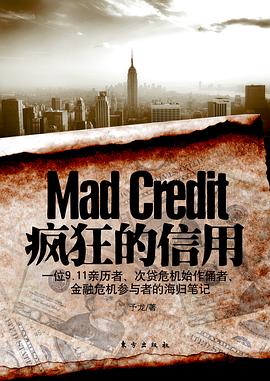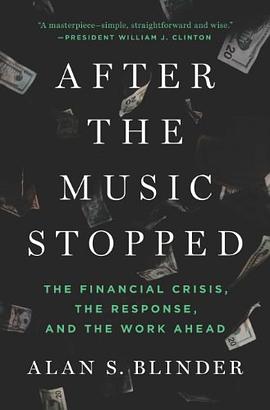

One of our wisest and most clear-eyed economic thinkers offers a masterful narrative of the crisis and its lessons
Many fine books on the financial crisis were first drafts of history—books written to fill the need for immediate understanding. Alan S. Blinder, esteemed Princeton professor, Wall Street Journal columnist, and former deputy chairman of the Federal Reserve Board, held off, taking the time to understand the crisis and to think his way through to a truly comprehensive and coherent narrative of how the worst economic crisis in postwar American history happened, what the government did to fight it, and what we can do from here—mired as we still are in its wreckage.
With bracing clarity, Blinder shows us how the U.S. financial system, which had grown far too complex for its own good—and too unregulated for the public good—experienced a perfect storm beginning in 2007. Things started unraveling when the much-chronicled housing bubble burst, but the ensuing implosion of what Blinder calls the “bond bubble” was larger and more devastating. Some people think of the financial industry as a sideshow with little relevance to the real economy—where the jobs, factories, and shops are. But finance is more like the circulatory system of the economic body: if the blood stops flowing, the body goes into cardiac arrest. When America’s financial structure crumbled, the damage proved to be not only deep, but wide. It took the crisis for the world to discover, to its horror, just how truly interconnected—and fragile—the global financial system is. Some observers argue that large global forces were the major culprits of the crisis. Blinder disagrees, arguing that the problem started in the U.S. and was pushed abroad, as complex, opaque, and overrated investment products were exported to a hungry world, which was nearly poisoned by them.
The second part of the story explains how American and international government intervention kept us from a total meltdown. Many of the U.S. government’s actions, particularly the Fed’s, were previously unimaginable. And to an amazing—and certainly misunderstood—extent, they worked. The worst did not happen. Blinder offers clear-eyed answers to the questions still before us, even if some of the choices ahead are as divisive as they are unavoidable. After the Music Stopped is an essential history that we cannot afford to forget, because one thing history teaches is that it will happen again.
具體描述
讀後感
作者Alan Blinder是普林斯顿大学教授和前美联储副主席,这样的身份无疑为本书的可信度增加了很多期待。整部作品也确实展现了作者的学术态度和功力,使用了详实的图表和数据,客观而全面地记录金融危机的前后过程 (例如作者有意分割了housing bubble和bond bubble的概念, 前者是...
評分1,太高的杠杆 2,法律不监管,有法律但是监管又不作为 3,投机的惩罚力度太低 以及其他的原因等造成了美国08年的金融危机悲剧,里面感觉美国金融从业人员的道德素质可以和中国人有的一拼。另外金融游说集团常年游说国会放松金融自由化,其中就包括larry summers ,这些未必不知...
評分文/严杰夫 美国司法部部长8月21日宣布,已与美国银行达成一项总价166亿美元的和解协议,以终结针对后者违规出售住房贷款抵押证券的调查。尽管这张“史上最贵罚单”相当于过去三年美国银行的盈利总和,但还算是划算的“买卖”。此前,摩根大通和花旗银行达成的和解协议的罚款额...
評分1,太高的杠杆 2,法律不监管,有法律但是监管又不作为 3,投机的惩罚力度太低 以及其他的原因等造成了美国08年的金融危机悲剧,里面感觉美国金融从业人员的道德素质可以和中国人有的一拼。另外金融游说集团常年游说国会放松金融自由化,其中就包括larry summers ,这些未必不知...
評分文/严杰夫 美国司法部部长8月21日宣布,已与美国银行达成一项总价166亿美元的和解协议,以终结针对后者违规出售住房贷款抵押证券的调查。尽管这张“史上最贵罚单”相当于过去三年美国银行的盈利总和,但还算是划算的“买卖”。此前,摩根大通和花旗银行达成的和解协议的罚款额...
用戶評價
瞭解和分析金融危機最好的一本讀物。唯一一顆星扣在瞭政治傾嚮上。作為一個民主黨議員,自由派的傾嚮非常明顯。在發生危機的時候強調政府的調控,對保守派的Moral Hazard擔憂嗤之以鼻
评分對08經濟危機的評價很犀利,對我這種經濟自由主義者而言,不喜歡過多乾預的貨幣政策,危機救援。市場總會迴到某個穩態的,即使穩態的代價極大。咳咳…… 好像是反動思想哈。
评分目前不想讀金融危機的書
评分沒有過多的技術性知識,並隨書附贈詳細的知識點解讀 LOL
评分如果看過並給Too Big To Fail(TBTF)五星評價,一定要看這本書。兩者的區彆 academic vs journalism。具體來說:TBTF是個科普性質的讀物,讓普通大眾瞭解到有這樣一種情況。ATMS則是從學術的角度對起因、形成的過程、影響及解決辦法進行瞭分析和闡述。
相關圖書
本站所有內容均為互聯網搜索引擎提供的公開搜索信息,本站不存儲任何數據與內容,任何內容與數據均與本站無關,如有需要請聯繫相關搜索引擎包括但不限於百度,google,bing,sogou 等
© 2025 qciss.net All Rights Reserved. 小哈圖書下載中心 版权所有

